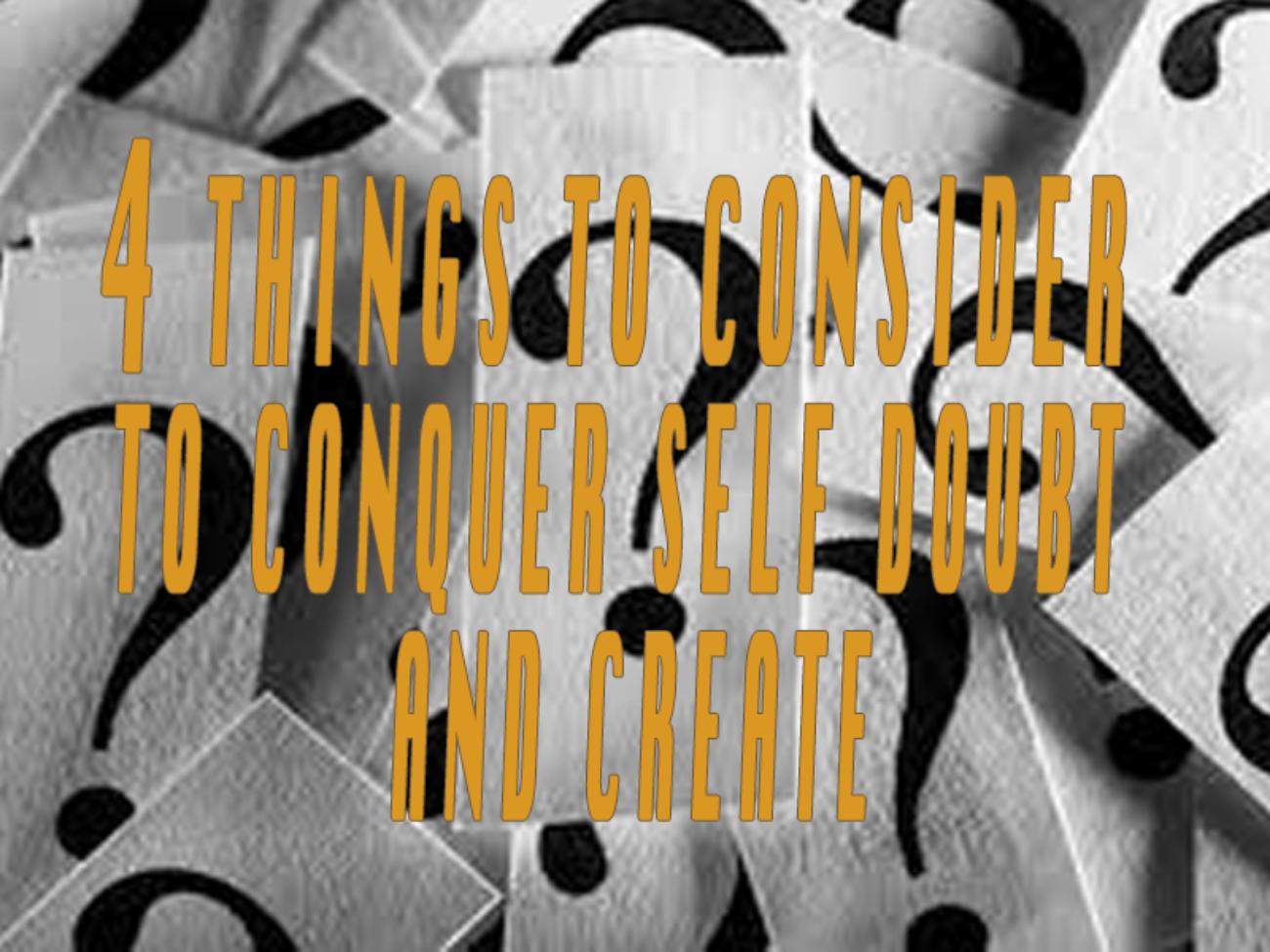Achickwitbeatz presents the Instrumental Intel podcast, bringing you information instrumental to your artistic career including music industry news & tips, insights & interviews, and beats for your inspiration. Listen on Saturdays at 7 pm EST on Grander Radio and Achickwitbeatz.com.
Follow on Facebook, Instagram, Twitter, YouTube Audiomack & SoundCloud, and subscribe on your favorite podcast platform. Download the Grander Media app to listen to Grander Radio on the go.
- Art
- Independent Labels
- Internet Radio
- Music Documentaries
- Album Reviews
- Music History
- Music Industry News
- Free Game Friday
- Free Downloads
- Poetry
- Books
- Interviews
- Did You See It?!
- Hip Hop History
- Hear Here
- Music News
- Hip Hop Documentaries
- Music Marvels Radio Show
- Think Piece Thursday
- Mini Documentaries
- Instrumental Intel
- Music Humor
- Indie Analysis
- Conversations & Quotables
- Music
- Resources for Artists
- Podcasts
- Beats/Instrumentals
- Music Education
00:01
Hey, thank you so much for tuning in to instrumental Intel. I am your host, music producer, Achickwitbeatz. And I'm glad that you're here with me. Today's episode has music industry news, instrumentals by me for your inspiration. And later, I'm going to be sharing some mental health resources for music artists to close out Mental Health Awareness Month. We definitely got to make sure that we take care of that because it is so important. And so before I go ahead and drop that first beat,
00:28
I'm gonna give a shout out to my home station, Grander Radio out of Grand Rapids, Michigan. And with that, let's go.
[BEAT BREAK]
11:18
Hey, this is music producer Achickwitbeatz, and you're listening to my podcast Instrumental Intel.
[BEAT BREAK]
20:17
Hey, I'm Achickwitbeatz, multi-genre music producer and strategist to indie artists and labels. Visit achickwitbeatz.com for resources for artists and instrumentals in various genres available for songs, vlogs, blogs, podcasts, themes, TV, film, commercials, and more. Once again, that's achickwitbeatz.com. That's A-C-H-I-C-K-W-I-T-B-E-A-T-Z.com. Let's make something happen.
20:47
Alright, I'm back with the Music Biz Brief. First up, the former head of the U.S. Copyright Office has sued Donald Trump over her blatantly unlawful firing just one day after releasing a report that opposed the use of copyrighted works to train AI without permission. Her report pushed back on AI developers like Suno and Udio, arguing that such use goes beyond fair use protections. Her lawsuit argues only the Librarian of Congress, not the President,
21:15
has the authority to remove her, raising major concerns about copyright law, AI, and the separation of powers. Next, TikTok users can now save songs directly to SoundCloud thanks to a new integration with the platform's Add to Music app feature. Already available for services like Apple Music and Spotify, this tool lets listeners quickly save tracks from TikTok videos to a playlist in their preferred music app.
21:41
For independent artists, it's another way to turn casual TikTok exposure into real fans across platforms. TikTok reports over a billion songs saved since launching the feature. Also, Bandcamp just launched a beta version of Playlist, letting fans create and share custom mixes using only the music they've purchased. It's a modern take on the mixtape, personal, curated, and rooted in real artists' support. Tracks can be streamed up to three times by non-buyers, after which,
22:09
fans are prompted to purchase. Available now on the Bandcamp mobile app, this feature helps artists benefit directly from playlist culture while staying true to Bandcamp's Artist First model. Next, Sweet Relief Musicians Fund has launched a new fundraiser featuring signed memorabilia and experiences from major artists like Coldplay and REM. Proceeds will support the music's mental health fund,
22:35
a partnership with Backline that provides mental health services to musicians and industry professionals. Founded in 1994, Sweet Relief offers financial aid to those in the music community facing health or age-related challenges. More on that later. Also, more musicians are rethinking touring as rising costs, lower ticket sales, and tougher visa rules make hitting the road increasingly difficult, even for big names. Between 2022 and 2024,
23:03
The percentage of mid-level artists touring dropped from 19 % to 12%, and even superstar touring rates declined. Festivals like Coachella are also feeling the pinch, with fans relying on payment plans to attend. While some artists still find touring essential for creative and audience growth, others are leaning into sync licensing, digital engagement, or fan clubs to build careers off stage. The question artists are facing in 2025 is, is touring still worth it?
23:33
Next, private equity's buying spree in live music continues. Providence just took a controlling stake in global critical logistics, the parent of Rocket Cargo, which handled tours for Taylor Swift, Beyonce, and more. The billion-dollar deal highlights how deep-pocketed firms are locking down the infrastructure behind major tours. Providence now joins other giants like KKR and BlackRock in shaping the live event space from logistics to festivals to venues.
24:01
And YouTube paid out $3 billion to rights holders through its Content ID system in 2024, bringing total payouts to $12 billion since its launch. Content ID lets copyright owners, including music, film, and gaming companies monetize user-uploaded content. The system handled over 2.2 billion claims last year, with fewer than 1 % disputed. While not all payouts go to music rights holders,
24:26
The scale shows how far YouTube has come from an industry outcast to a major revenue partner. Spotify's latest Loud and Clear report spotlights big growth in Italy and Spain. Italian artists earned nearly $162 million in royalties from Spotify in 2024, a 20 % year-over-year jump, with half of that coming from outside Italy. Italian language music also joined Spotify's $100 million-plus club.
24:54
alongside English, Spanish, and five other languages. Spain saw an 11 % royalty growth, hitting $148 million, with over half earned internationally. Independent artists made up 40 % of royalties in Italy and 60 % in Spain. Across both countries, the number of artists earning over 10,000, 50,000, and 100,000 euros has doubled since 2019. Loud and clear stats for the EU as a whole,
25:23
revealed that artists across the region earned over 1.7 billion euros, which is about 1.83 billion dollars, from the platform in 2024, which was a 15 % increase from the year before, and nearly double the 2020 figure. Over 17,000 EU artists made at least 10,000 euros from Spotify last year, and 57 % of royalties earned by EU acts came from non-English music. Local language streams are thriving.
25:51
With seven of the top 10 languages on Spotify being European. The platform also highlighted strong discovery and international reach, with nearly 28 billion global discoveries of EU artists and over 830 million US playlists featuring their music. So, bonus tip, US artists now might be a good time to collaborate with artists that you've been connecting with in the EU. Next, HYBE is exiting its stake in rival K-pop company SM Entertainment.
26:19
selling its remaining 9.38 % shares to Tencent Music for about $177 million. This transaction makes Tencent Music the second-largest shareholder in SM, just behind Kakao. The deal comes as China appears to be easing restrictions on South Korean entertainment imports, signaling new opportunities for K-pop acts in the Chinese market. HYBE says the sale is part of its strategy to focus on core assets and future growth.
26:48
Also, Downtown Music Publishing has rebranded its Johannesburg-based Sheer Publishing Africa unit as Downtown Music Publishing Africa, bringing it into full alignment with the company's global operations. The new division will introduce neighboring rights administration and adopt Downtown Curves' royalty system, boosting transparency and income for African creators. It will also expand sync licensing and international partnerships
27:16
reinforcing Downtown's goal of bringing African music to the world and global music to Africa. And finally, Reservoir Media reported strong results for its fiscal year ending in March 2025, pulling in $158.7 million in revenue. The company deployed over $150 million in acquisitions, locking in publishing deals with Snoop Dogg, k.d. lang, and others, and expanded into India with its new PopIndia division.
27:45
Sync revenue surged 51 % in the first quarter, helping offset dips in performance and mechanical income. Looking ahead, Reservoir forecasts up to $169 million in revenue for fiscal 2026, continuing its global push and catalog growth strategy. Alright, that's a wrap for the music biz brief. I'm going to take a quick pause for the cause, and then I'll be back with mental health resources for music artists. Keep it locked!
28:15
[BEAT BREAK]
43:14
Hey, this is music producer Achickwitbeatz, and you're listening to my podcast Instrumental Intel.
43:31
[BEAT BREAK]
49:10
Hey, I'm Achickwitbeatz, multi-genre music producer and strategist to indie artists and labels. Visit achickwitbeatz.com for resources for artists and instrumentals in various genres available for songs, vlogs, blogs, podcasts, themes, TV, film, commercials, and more. Once again, that's achickwitbeatz.com. That's A-C-H-I-C-K-W-I-T-B-E-A-T-Z.com. Let's make something happen.
49:40
Alright, I am back with mental health resources for music artists. Dr. Chayim Newman, I hope I'm pronouncing that correctly, a clinical psychologist who works with touring artists, told Rolling Stone in early 2020 that many creatives suffer because of how destabilized their routines become on the road and in the studio. He points out that long hours and constant movement make it hard to maintain healthy habits and relationships, not just for artists but the crews behind them, who burn out in similar ways.
50:10
Dr. Newman also notes that there may be a neurological component at play. Artists, often more right-brained, may be predisposed to intense emotional states due to how the brain processes negative emotion. And when they perform, their bodies enter a state similar to panic triggered by adrenaline and pressure, even if it's voluntary. He and psychotherapist Zach Brewer surveyed more than 1,100 touring professionals and published a paper,
50:37
“Mental Health Issues Among International Touring Professionals in the Music Industry” in the Journal of Psychiatric Research. Based on the 239-question survey, they discovered that individuals in the music industry face depression, anxiety, and suicide risk at rates five to 10 times higher than the general population. After years of focusing on mental health and live entertainment, they launched Amber Health, a company committed to supporting the well-being of “humans who make the music happen,” using science-based approaches. In 2022 alone, they offered mental health resources to over 1,900 music industry professionals with hopes to expand that reach even further. Amber Health offers a full range of mental health services tailored for the music industry. They start by consulting with teams to understand their unique challenges, then conduct in-depth assessments to measure mental health, workplace dynamics, and risk factors.
51:36
Based on that data, they design custom solutions like leadership training, group workshops, one-on-one support, and crisis management. These programs are delivered on-site or virtually, and follow-up surveys help track progress and guide future support, all with the goal of creating healthier, more sustainable working environments behind the scenes of music. You can learn more and check out their research at amber.health. Next,
52:02
Backline is a nonprofit dedicated to connecting music industry professionals and their families with mental health and wellness resources, tailored to the unique demands of this work. Their services include one-on-one case management for U.S. residents, where trained staff create personalized care plans and referrals to vetted providers across all 50 states, many of whom understand the realities of touring and studio life. They also offer free virtual wellness sessions like yoga, sound healing, and breath work,
52:32
as well as peer-led community groups for open dialogue and support. Backline's Touring Notebook and Real Talk video series help artists prepare mentally and emotionally for life on the road, while their venue signage program spreads awareness backstage. Offering fast access to care, often within three to seven business days, they're helping reduce wait times and get people the support they need when they need it. Next up, the Entertainment Community Fund, which was formerly known as the Actors Fund,
53:02
offers mental health support to anyone working in the performing arts or entertainment industry, including music, of course. Whether you're dealing with anxiety, depression, life transitions, or career-related stress, their team of caring clinicians can help. The services include assessments, crisis counseling, referrals to ongoing care, support groups, and help navigating insurance coverage. They connect artists with mental health professionals who understand the unique pressures of the industry,
53:30
and financial aid may be available to offset treatment costs. To access their service, visit the Entertainment Community Fund portal at entertainmentcommunity.org. Next, there's Headstock, based in Manchester. It's a music and mental health social enterprise using the power of music to support mental well-being. In partnership with the mental health charity Shout, they launched Music 85258, a free, confidential 24/7 tech support service for anyone
53:59
working in the music industry. If you're struggling to cope, just text MUSIC to 85258 to connect with a trained volunteer for immediate support. And so make sure that you add MUSIC 85258 to your contacts so help is always right there within reach. Next up, MusiCares supports people in the music industry by providing critical health and welfare services focused on mental health and addiction recovery, general health care, and human services.
54:27
They offer support, referrals, and financial assistance for counseling, psychiatric care, addiction treatment, and ongoing recovery programs. MusiCares also helps with medical expenses, preventative care like dental and hearing clinics, and wellness workshops. For those facing hardship, they provide help with basic living costs such as rent, utilities, and insurance, plus programs for affordable housing, career development, legal support, and more.
54:55
MusiCares serves musicians, producers, engineers, tour crews, and all others who work in music. If you or someone you know needs assistance, contact MusiCaresRelief@musicares.org or call 800-687-4227. This is a valuable resource designed to support the music community's well-being beyond the stage.
55:18
Next is Music Health Alliance, a nonprofit that helps music industry professionals and their families navigate health care and health insurance. Since 2013, they've assisted nearly 25,000 people and helped reduce over $127 million in medical costs. Their services include support with insurance enrollment, medical bill negotiation, and access to mental health and wellness resources. They offer confidential client-focused advocacy,
55:48
especially for those dealing with pre-existing conditions, financial strain from medical expenses, or gaps in coverage. The goal is to make healthcare more accessible and manageable for people working across all areas of the music industry. Alright, and there is the Music Industry Therapist Collective. They provide confidential psychotherapy for artists, crew, and professionals across the music business from therapists with first-hand experience in the industry.
56:16
Their services include individual therapy, high-end treatment centers, mental health training, and workshops for companies and organizations. They tackle issues like burnout, performance anxiety, addiction, isolation, and more, all within the context of music's unique pressures. Their mission is to increase access to trauma-informed care, reduce stigma, and support the mental health of the music community through lived understanding, clinical expertise, and collaboration.
56:45
Next, there's Music Minds Matter, based in the UK provides 24/7 mental health support for anyone in the music industry, from artists and engineers to crew and behind-the-scenes professionals. Their free, confidential helpline connects you with trained counselors who understand the unique pressures of working in music. They also offer guidance on therapy referrals, debt and legal advice, and tools for staying mentally well. Music Minds Matter hosts online self-care sessions on topics like managing stress,
57:14
staying healthy on tour, and navigating relationships in the industry. Their goal is to make mental health support accessible to everyone in music, no matter where you are. And the final featured resource for this episode is Music’s Mental Health Fund, a collaboration between Sweet Relief Musicians Fund and Backline that offers financial assistance to music industry professionals needing mental health support. If you already have a therapist but face financial difficulties,
57:42
Sweet Relief grants help to continue your treatment. If you need help finding a therapist, Backline's case managers create a personalized mental health plan and provide grants to cover the cost of several sessions. For life-threatening and mental health emergencies, please call 911 or 988 immediately. Applications are available online, and questions can be directed to info@sweetrelief.org.
58:06
A 2019 survey by Record Union found that 73 % of independent musicians struggle with mental illness. So there's no shame in it. It's something that is very common. And please, please, please, if you are struggling, make sure that you take advantage of these resources. There are other resources available as well, but these were some of the major ones that specifically help music artists. But if you need help, please don't hesitate to
58:35
Make sure that you reach out to a qualified professional. It is so important these days. I've heard some chatter about using AI for therapy, and that is definitely not recommended. Yeah, talk to a human if you need it. So yeah, please don't hesitate to reach out for the resources that are there. The world needs you and your music, and we need you to be healthy to continue to keep making it.
59:04
If you need to recap any of these resources that I've shared, please make sure to visit Achickwitbeatz.com. I will have the transcript for this episode available. So make sure that you check it out. Episode 57, mental health resources for music artists, and the transcript will be located right underneath all the places that you can listen to this, with links included.
59:30
Alright, that's a wrap for this episode of instrumental intel. I've been your host, music producer, Achickwitbeatz. Once again, I want to thank you for tuning in. I hope that you found this episode beneficial, and if so, I hope that you share it with someone else. I also want to thank my home station, Grander Radio out of Grand Rapids, Michigan. I'll be back next week with more goodness lined up for you. Make sure that you come back. Until next time, you know where to find me. Tune in, tell a friend, and I'll see you then. Peace.
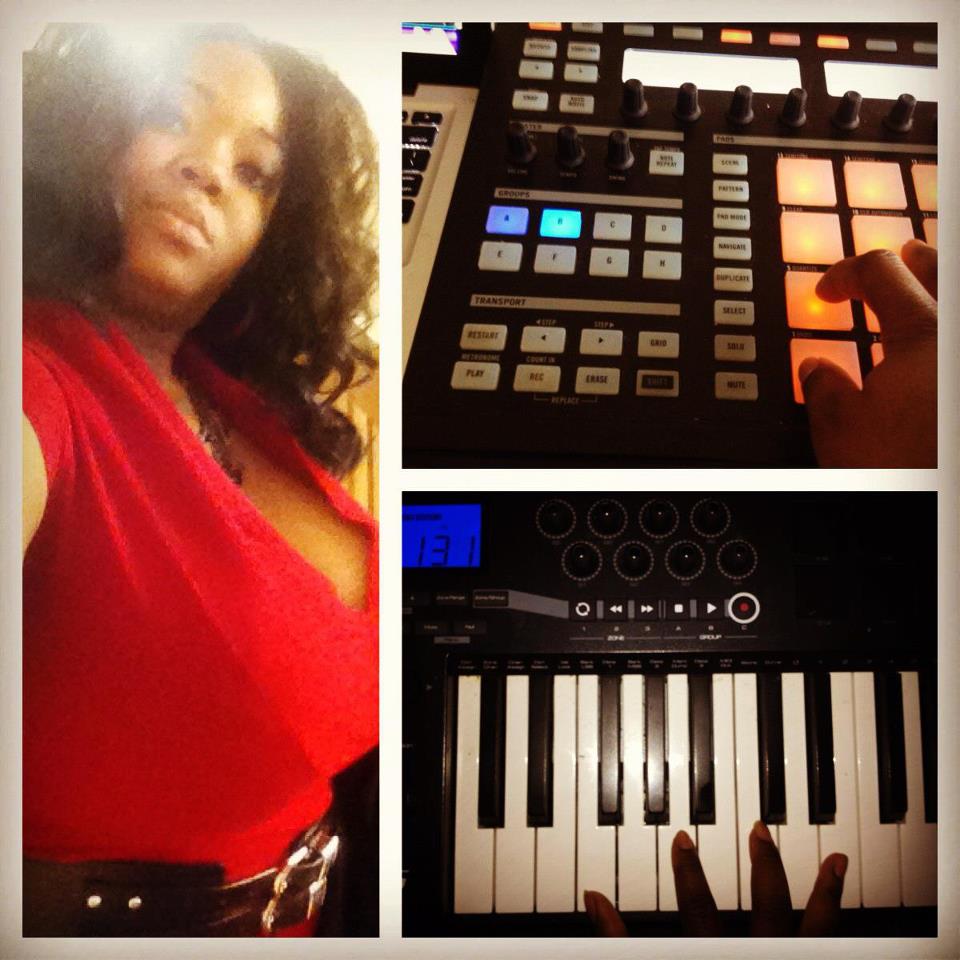







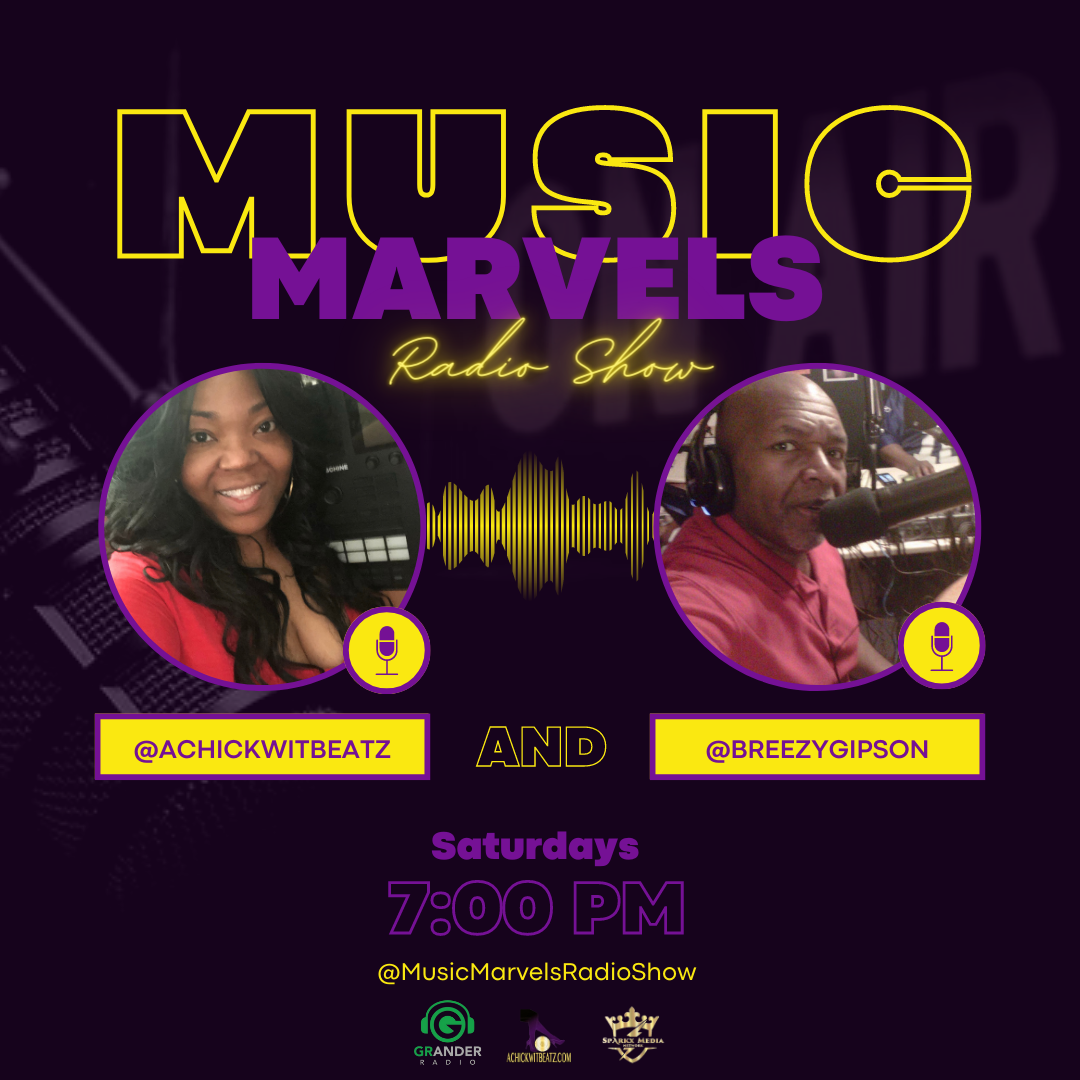
![Hear Here: Achickwitbeatz - Dopamine & Serotonin [Single]](https://images.squarespace-cdn.com/content/v1/52b0b90ae4b0293bfed0d692/1710852808557-EZYGFDIBHLBSIRFOVS1Q/Dopamine+%26+Serotonin.JPG)


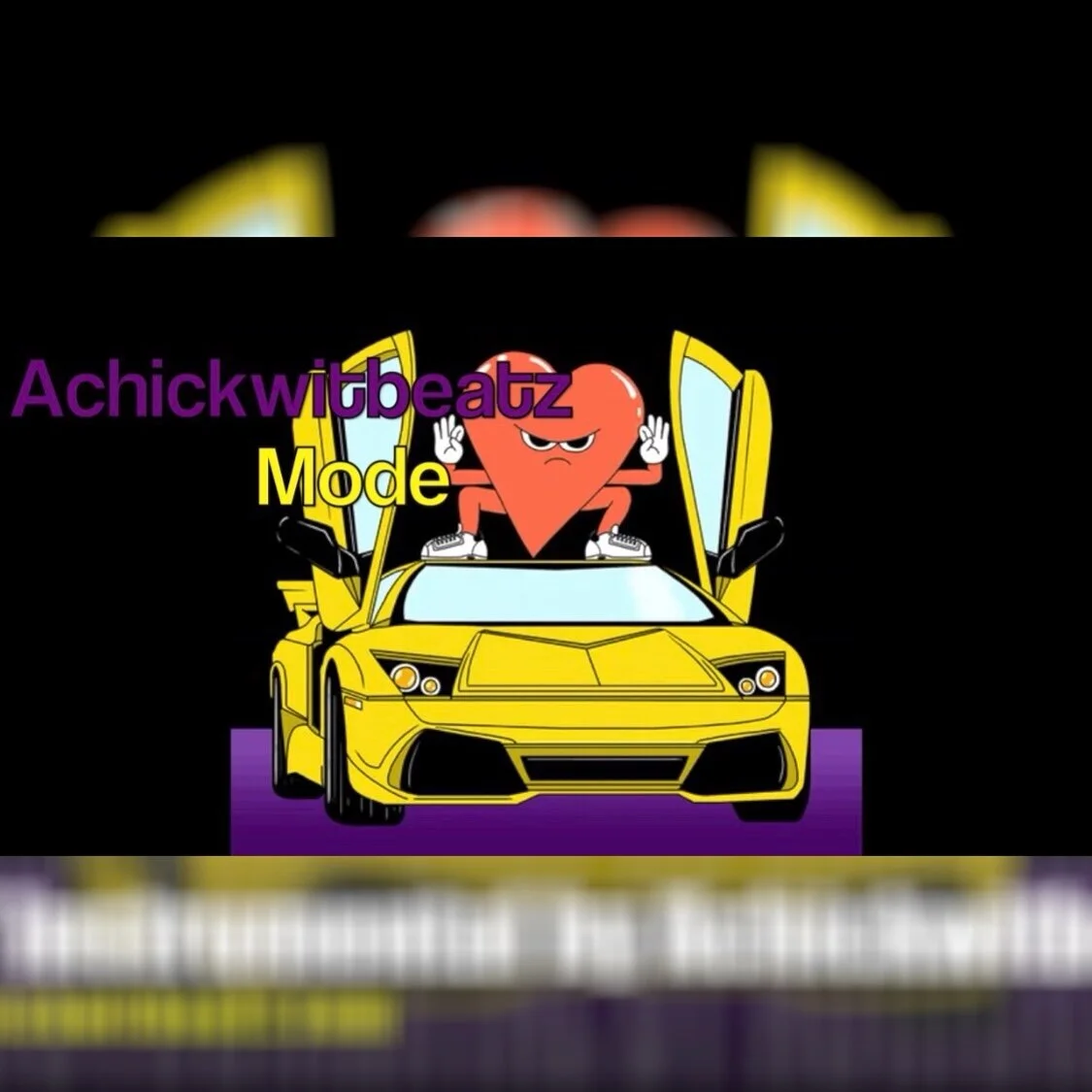
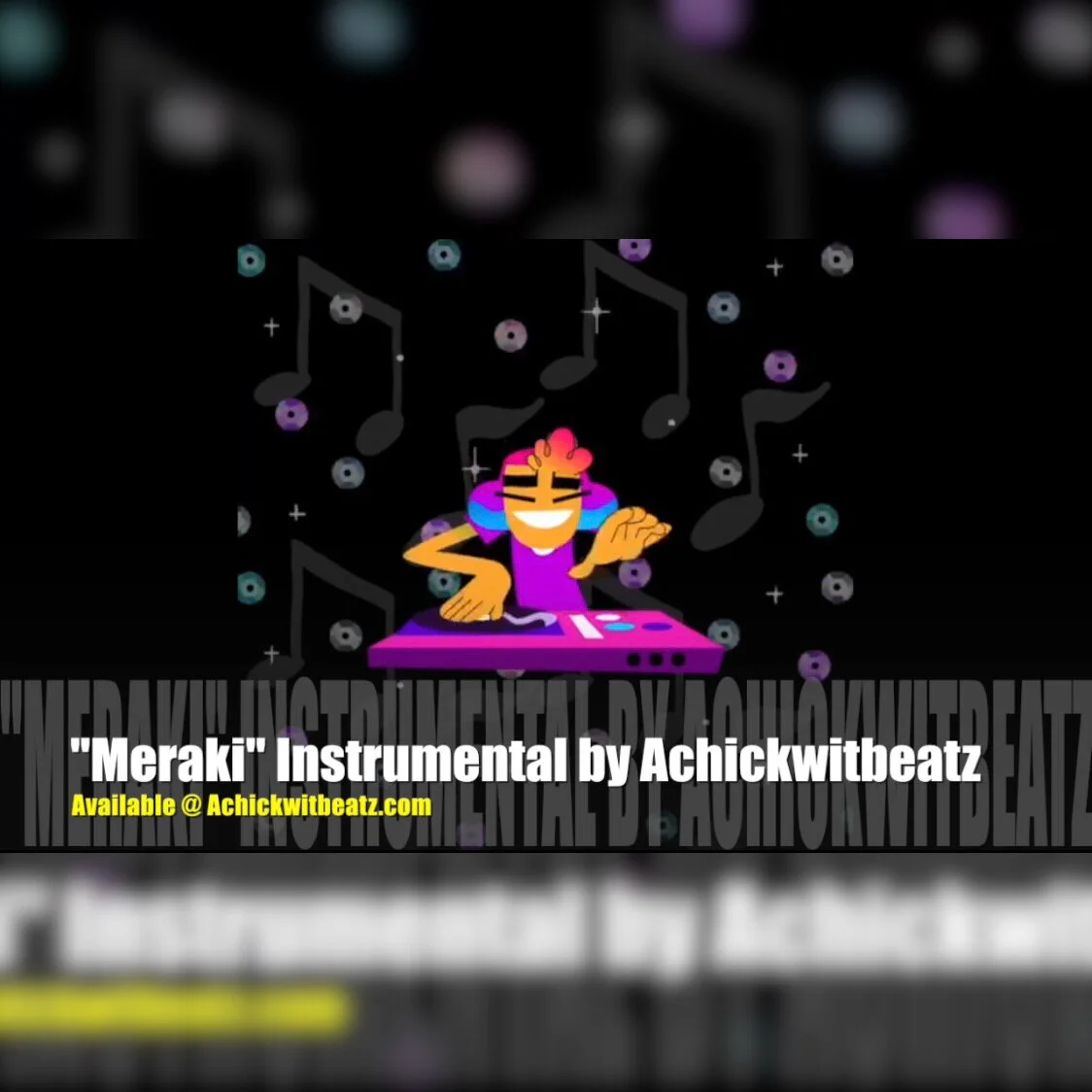





![Hear Here: Dagga Man- "Analytics" [Prod. by Achickwitbeatz]](https://images.squarespace-cdn.com/content/v1/52b0b90ae4b0293bfed0d692/1584638158548-9R55AZLWZIDFJC8LATV6/IMG_2212.JPG)







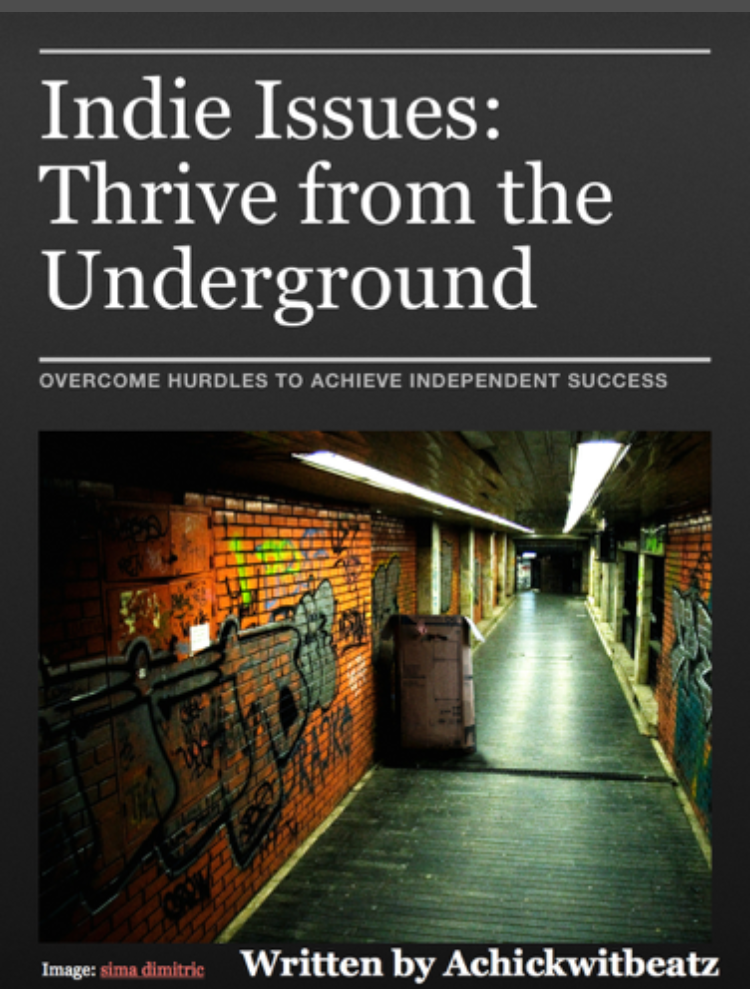
















![Making Music on a Budget [Infographic]](https://images.squarespace-cdn.com/content/v1/52b0b90ae4b0293bfed0d692/1582844361438-3JTE5NT3EL51FHXC0WJI/making-music-on_1929722%25281%2529.jpg)
